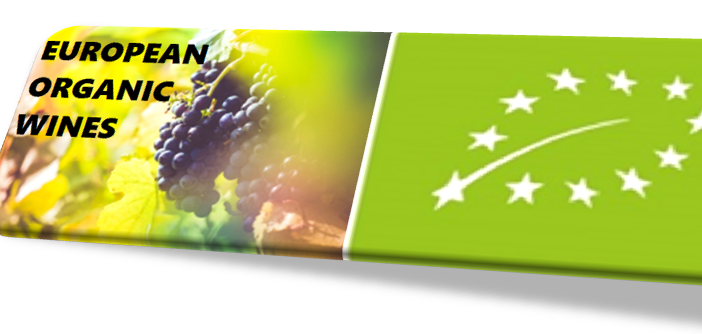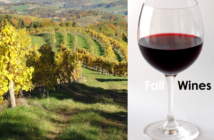
EUROPEAN ORGANIC WINES – PROTECT NATURE, TASTE LIFE!
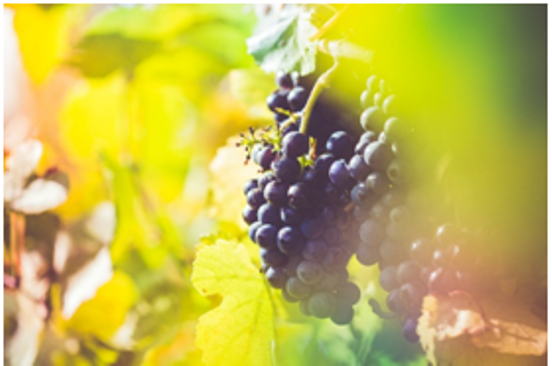 The production of organic wine in Europe from organic certified grapes is not only striving for compliance with EU rules and preserving the authenticity of the applied practice, it is a way of life that ensures health and longevity.
The production of organic wine in Europe from organic certified grapes is not only striving for compliance with EU rules and preserving the authenticity of the applied practice, it is a way of life that ensures health and longevity.
European wine is produced in different geographical areas with traditions, showing the richness and potential of the European wine sector. Under the provisions of Regulation № 203/2012, organic wine is produced from organic grapes in accordance to certain technological practices. The new requirements are related to compliance with certain oenological practices and processes, such as the method of heat treatment, filtration, reverse osmosis and the use of ion exchange resins. Excluded are practices that are misleading as to the true nature of organic wine, such as concentration by cooling and reducing the alcohol content, elimination of sulfur dioxide by physical processes, and electrodialysis using cation exchangers.
The rules for European organic wine production guarantee to the consumer that organic wine is indeed made from organic grapes.
Organic wine “lives” in harmony with nature. The result – a high quality product with a clear origin.
It is absolutely mandatory that for the production of one bottle of organic wine, the soil and the vineyard from which it is derived have not been nourished with fertilizers or sprayed with synthetic pesticides.
Organic production ensures that the grapes are not offspring of the efforts of modern genetics, in other words – they have not been genetically modified. The natural origin is also mandatory for all substances used on the fruit after it has been picked.
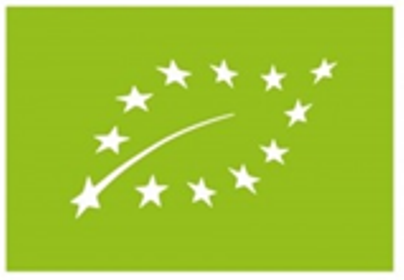 As a consumer, you should be informed that all European organic products are marked with the National, European logo or the logo of the certifying company, indicating the production method. All food ingredients must be listed on the label in descending order of their percentage content and their organic origin must be clearly marked. The authenticity of the label is guaranteed by the permanent control of the agencies that issue certificates for organic production.
As a consumer, you should be informed that all European organic products are marked with the National, European logo or the logo of the certifying company, indicating the production method. All food ingredients must be listed on the label in descending order of their percentage content and their organic origin must be clearly marked. The authenticity of the label is guaranteed by the permanent control of the agencies that issue certificates for organic production.
Organic winemaking goes through two phases – the first phase is related to the growing of grapes and the second takes place in the cellar (fermentation of grape processing, bottling, etc.) When we talk about European organic wine, we are mainly concerned with the first phase of its production – namely, the way in which the grapes are grown. Organic wine is produced from grapes grown by the rules of the so called “Organic agriculture”.
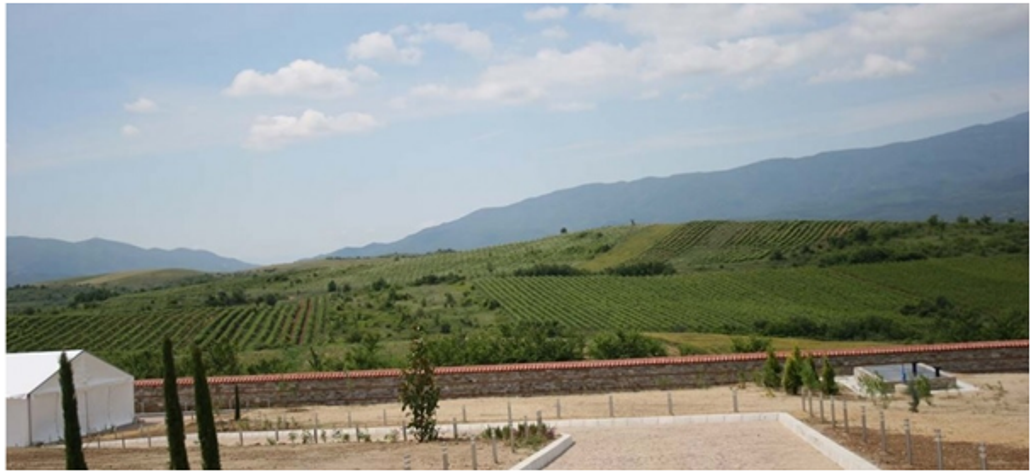
How to recognize European organic wine?
Only wines produced by the established EU rules can be called organic wines and apply the organic EU logo on their labels.
Sustainable winemaking means caring for the vineyards, which allows the cultivation of grapes for an extended period. Organically grown grapes protect the environment and ensures the finest quality of wine.
For more information on where and when you can taste our organic wines in the US, visit www.fineeuropeanwines.com
Sponsored

